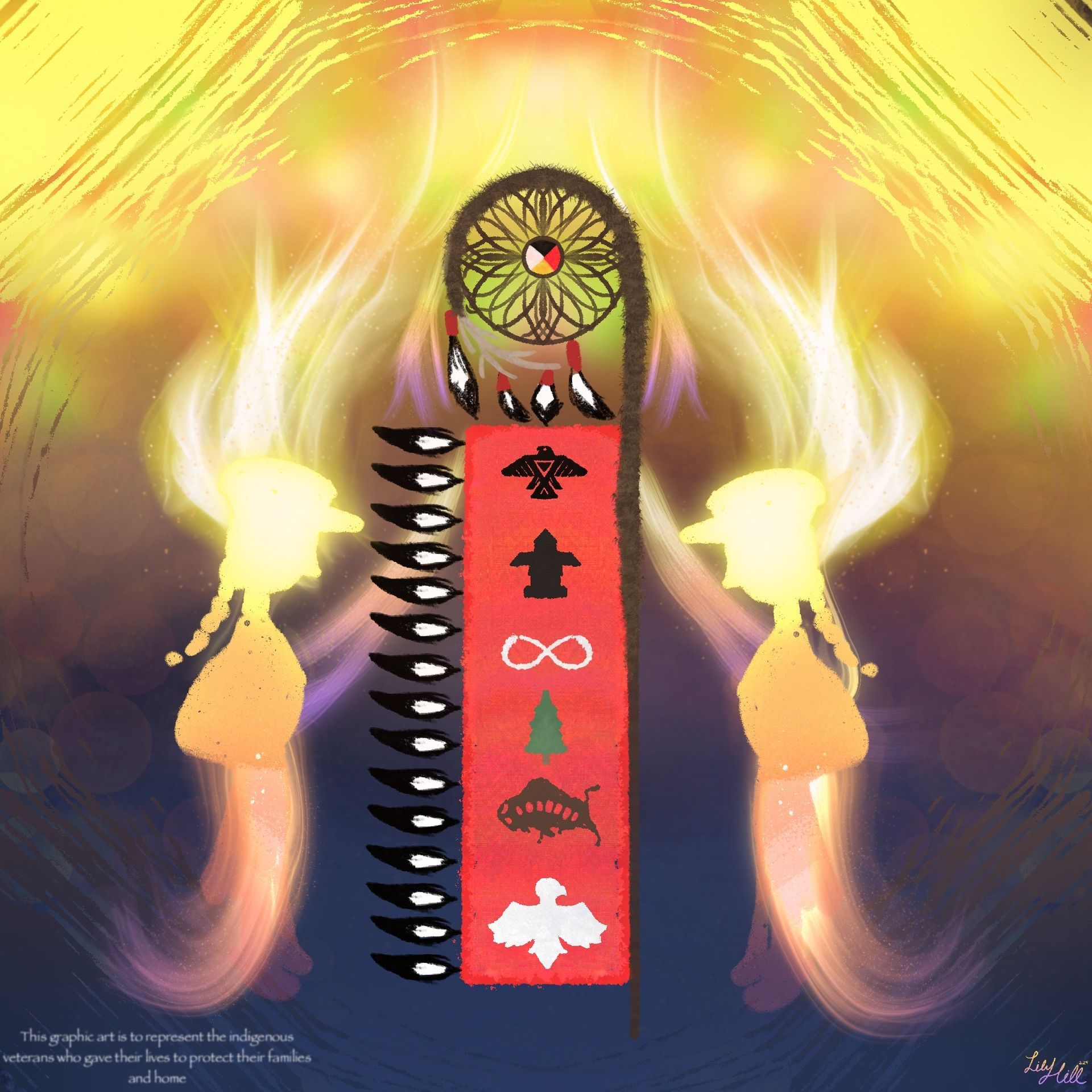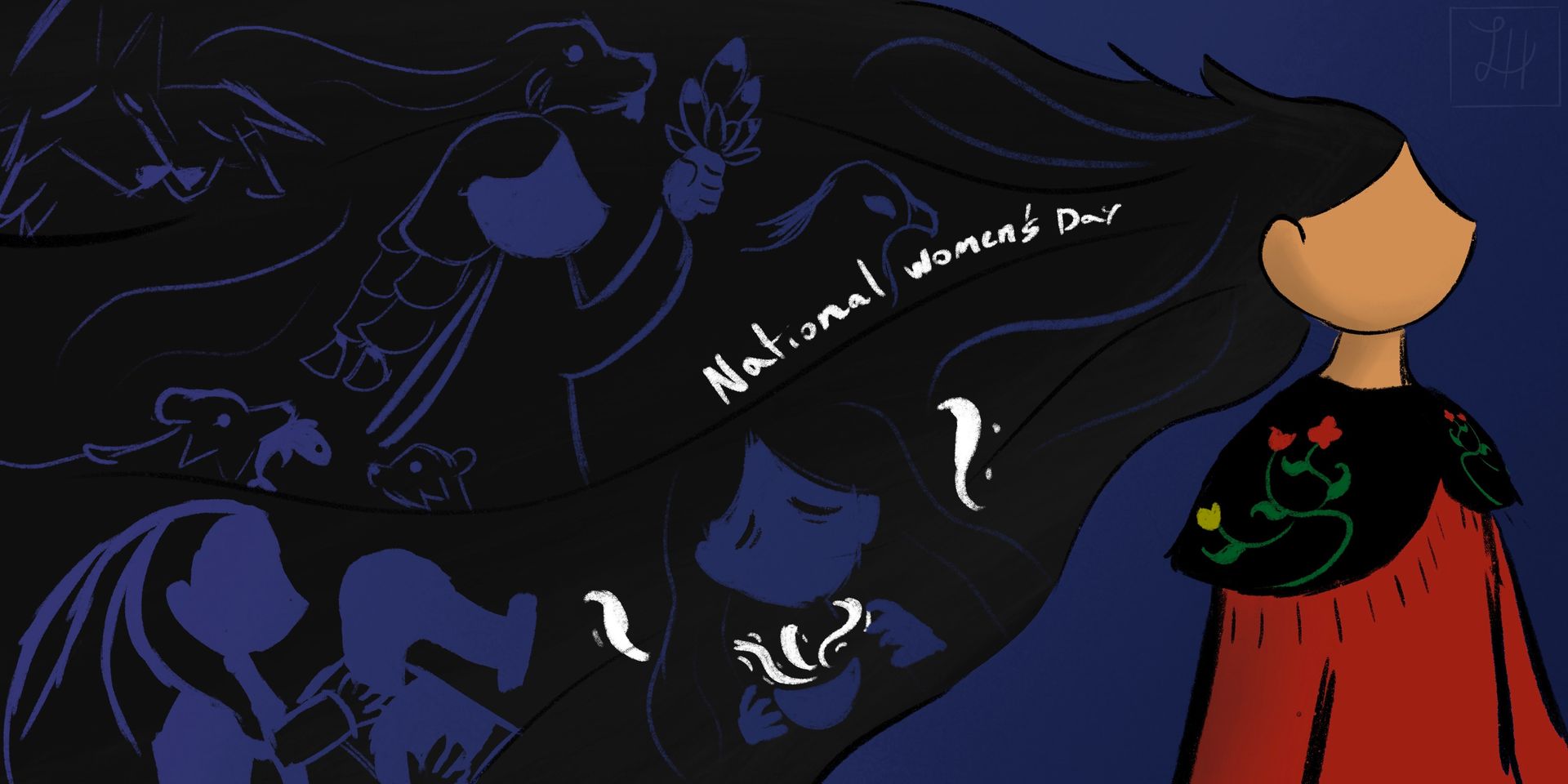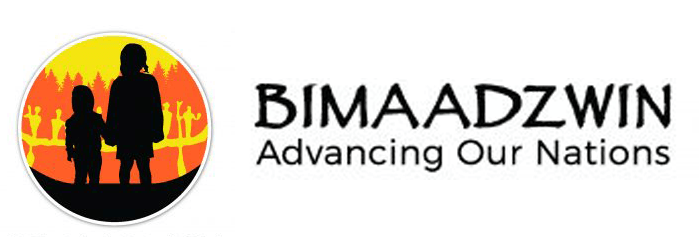Honouring Indigenous Veterans on Indigenous Remembrance Day

A Message from the Bimaadzwin Team
As we gather to remember and honour those who served in defence of this land, we take a special moment to reflect on the Indigenous men and women who wore and continue to wear the uniform of the Canadian Armed Forces.
Indigenous Remembrance Day offers us a vital opportunity to pay tribute to their bravery, to remember the sacrifices made, and to acknowledge the long journey toward recognition and healing.
For generations, Indigenous peoples in Canada have served with distinction in conflicts around the world, including both World Wars, the Korean War, peacekeeping missions, and, more recently, operations in Afghanistan.
Valor and Sacrifice on the Battlefield
Indigenous soldiers served in all major branches of the military—army, navy, and air force—and were deployed to several critical fronts, including the European and Pacific theaters. Their unique skills in survival, navigation, and stealth proved invaluable in challenging terrains, and their knowledge of diverse languages facilitated communication across units.
Many Indigenous soldiers, such as sniper Thomas George Prince, gained notable recognition for their heroism. Prince, of Ojibwe heritage from Manitoba, completed many high-risk missions in Nazi-occupied France and Italy, earning multiple awards for his valor.
Despite all of their heroic contributions, regretfully, Indigenous soldiers often returned home to the same prejudices and limited rights they had faced before the war. Many received little recognition and were not granted the same benefits as non-Indigenous veterans, illustrating a stark contrast between their sacrifices and the treatment they received.
Recognition and Legacy: Honoring Indigenous Veterans
In recent decades, Canada has taken steps to honor and recognize the sacrifices made by Indigenous veterans. In 2001, the Canadian government established the National Aboriginal Veterans Monument in Ottawa to commemorate the service of Indigenous people in Canada’s military history.
Additionally, November 8 is now observed as National Indigenous Veterans Day, a day dedicated to remembering and celebrating the bravery and service of Indigenous men and women in Canada’s armed forces.
Their service reflects the courage, resilience, and commitment of Indigenous nations to protecting the land and upholding values of peace and unity, often deeply rooted in cultural teachings and traditional values.
In recent years, there has been a gradual movement toward reconciliation and greater awareness of the role Indigenous veterans played in our shared history. Memorials have been established, stories are being shared, and advocacy continues to ensure that Indigenous veterans are acknowledged and celebrated. But there is still much more work to be done to fully honour their contributions and to address the historical injustices faced by Indigenous veterans and their families.
As we observe Indigenous Remembrance Day, we are called to do more than just remember. We are called to recognize, respect, and advocate. We must recognize the unique role of Indigenous veterans and understand how their experiences contribute to the ongoing strength of their communities. We must respect the values of honour, bravery, and commitment to peace that they embody, and we must advocate for ongoing support and remembrance.
To our Indigenous veterans and their families: we honour you. Your courage and sacrifice do not go unnoticed. The spirit you carried into service, the resilience with which you returned, and the strength you have brought to your communities are gifts we hold in our hearts. May your journeys of healing be supported, may your stories continue to be told, and may your service be an everlasting source of pride and inspiration for all generations.
As we pause to honour and remember, let us also commit to a path forward that upholds the dignity and legacy of Indigenous veterans. Let this day serve not only as a reminder of the sacrifices made but also as a call to action in creating a future where Indigenous veterans receive the recognition, support, and respect they so deeply deserve.
Today, we remember. Tomorrow, we work together.
Miigwetch
Share this post on social media

